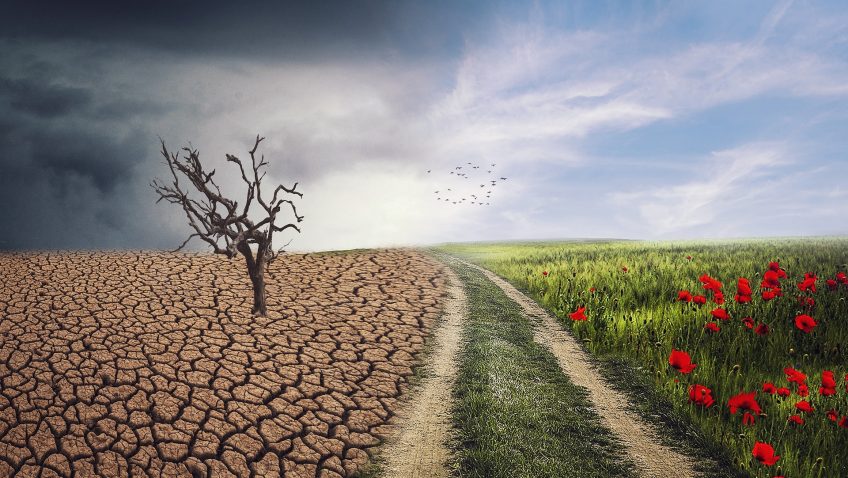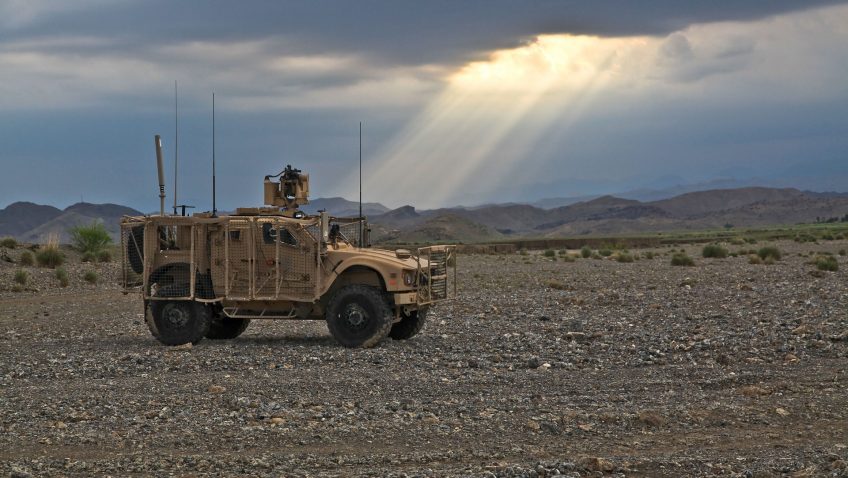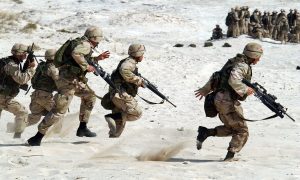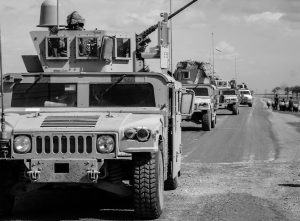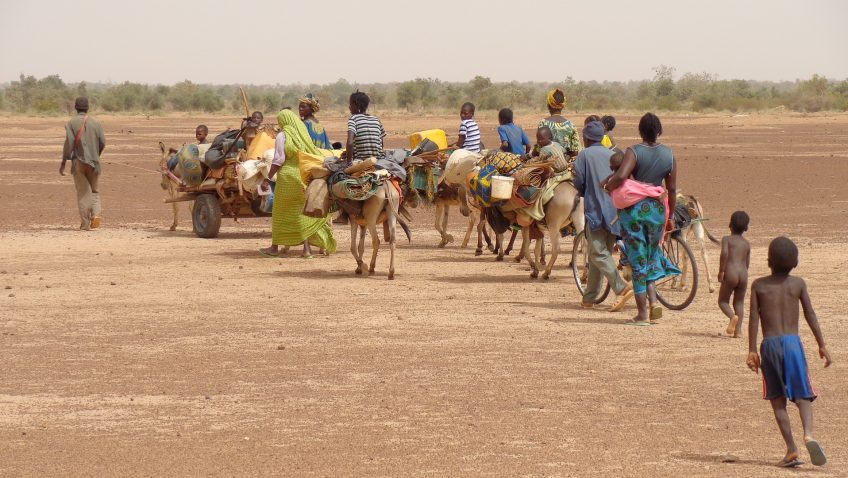Climate change isn’t something people get to choose to believe or not: it’s happening. Since pre-industrial times, human-caused climate change has resulted in an increase in greenhouse gas emissions that has led to an average temperature rise of over 1 degree Celsius on Earth. The next four decades have each been successively warmer than the decade before it since 1850. We are observing a warming atmosphere and changing climatic conditions worldwide as a result of climate change, which has serious consequences for our physical environment.
In 2021, the intergovernmental panel on climate change report sounded a red alert for humanity. It stressed how human influence has warmed the climate at a rate that is unprecedented in at least the last 2000 years. This left no room for doubt. The record concentration levels of greenhouse gases in the atmosphere are unequivocally due to human activities rooted in the burning of fossil fuels. The goal of 2015 Paris agreement aims to limit global warming to well below two degrees Celsius above pre-industrial levels; preferably 1.5 degrees Celsius. But at the current trajectory, the world is on, we are at risk of falling significantly short of these targets. According to the World Meteorological Organization, in 2020, the global mean surface temperature was 1.2 degrees Celsius warmer than in pre-industrial times. 2020 was also one of the three warmest years on record.
The impact humans have had on the climate has, and continues to, alter nature. We are inching closer and closer to ecological tipping points, many of which are irreversible. Changes in extreme weather are affecting every region of the world, making heat waves, heavy rainfall, and droughts more frequent and severe. This rise in global temperature aggravates the rate at which sea levels are rising, corals are bleaching, the ocean acidifying, biodiversity is being lost and heat waves, tropical cyclones, and fire-related events are taking place. Delicate ecosystems like small low-lying island states, semi-arid and arid areas, and arctic and tundra environments face a greater threat of climate change. However, the environment does not exist in a vacuum and neither does human society.
Everything is interconnected. Every single way in which climate change impacts our environment has a ripple effect that will manifest in the short, medium, or long term. As a threat multiplier, climate change puts us at risk of reversing the gains in growth and sustainable development made in the last few decades. This indicates that the effects of climate change are manifest throughout our social, economic, cultural, and political fabric in addition to affecting our weather patterns and physical surroundings. The way people feel the impacts of climate change and respond to it is determined by multidimensional and intersecting inequalities. If you think that the environment is less important than the economy, try holding your breath while you count your money. (Guy McPherson)
The climate crisis disproportionately affects women and girls as they tend to rely more heavily on natural resources, public services, and infrastructure. They are restricted to and very seldom controlled. They are also less represented in decision-making in general, so climate responses are no different. These processes are influenced by the very same socio-economic and cultural norms that discriminate against women and girls in other areas. When it comes to specific climate change impacts, women and girls are particularly affected in at least five areas: food security, water availability, health, gender-based violence, and climate-induced displacement and migration. Women play a critical role in global food security. Many smallholder farmers are women whose livelihoods and food sources are at risk from climate change. In addition, male-dominated structures often govern land ownership, making it hard for women to access the fertile plots that they require to produce food for their survival and that of their families.
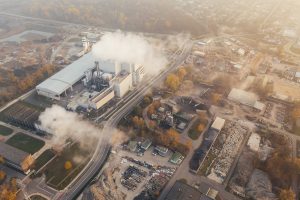
Also, climate change is intensifying water scarcity, which adds to women’s time burden as it is often their responsibility to collect fresh water. In addition, high temperatures and salinization of sources of drinking water have a detrimental impact on maternal and child health. Linked to this, the increased incidence of vector-borne diseases such as malaria, cholera, and typhoid increases the risk of pregnant women contracting these diseases. This, combined with unequal care burdens, can disproportionately pressure women and girls to support their families. These demands on women are further intensified during disasters when the risk of sexual and gender-based violence is greatest. Child and forced marriages, as well as increased human trafficking, can occur as a harmful coping mechanism among those who suffer the most from climate change-related economic stress. These challenging economic conditions forced families out of their communities and most of the time, those displaced are women. As we can see, it is those who are least responsible that often bear the brunt of the most adverse effects of climate change. This can further deepen existing inequalities and affect the ability of women and society at large to manage and recover from the impacts of climate change. As former US President Barack Obama once said that “We are the first generation to feel the effect of climate change and the last generation who can do something about it”.

